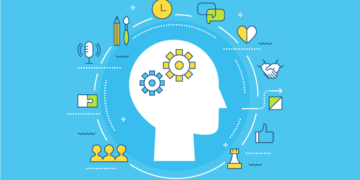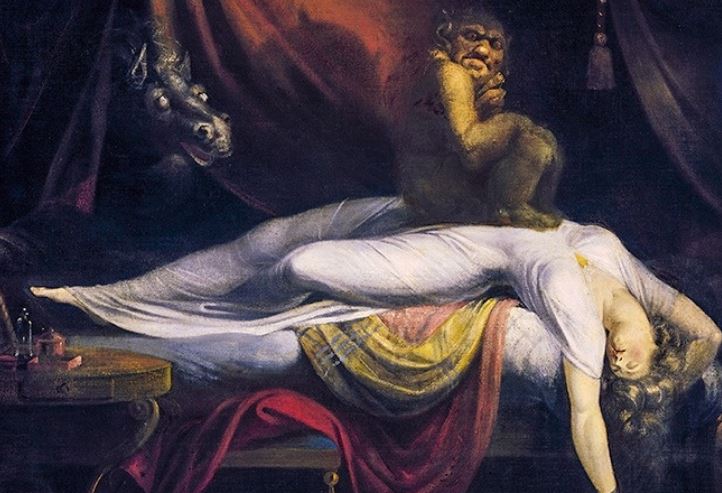9. You might walk, talk, or even drive.
There’s no good reason for these so-called parasomnias, or weird behaviors known to happen during sleep, but luckily they’re mostly harmless. Sleepwalking and similar midslumber activities occur during stage 3 sleep, making it tough to rouse a sleepwalker from deep sleep but not dangerous to do so. (In fact, it can be dangerous not to wake them, considering their next move could be to try to get behind the wheel.) Sleepwalking, talking, or driving is usually due to sleep deprivation or is a side effect of certain medications and occurs in anywhere from 1 to 15% of us, according to the National Sleep Foundation. While it’s definitely most common in kids, you probably don’t have to worry if you find your spouse has migrated to the living room.
10. You also might twitch.
If you’re not the type to venture all the way out of bed, but you’re familiar with that what-the-heck-where-am-I feeling of twitching yourself awake for no apparent reason, what you’re experiencing is not a parasomnia, but a hypnic jerk. There’s not really a good reason for these spastic movements either, Veasey says, but know that they’re perfectly normal (and typically a feature of that very light stage 1 sleep).
There’s probably more, but we don’t know how much we don’t know.
Much like the unexplained way my committee arrives at its decisions by morning, sleep is still in many ways a mystery. It’s an “absolute necessity” but “with limited scientific understanding as to why,” Barone wrote in a recently published paper. We know getting too little sleep (and possibly too much!) ups a person’s risk for health problems ranging from type 2 diabetes and heart disease to stroke and earlier death, but much of what we know about sleep is understood by observing the effects of its absence, Barone and his coauthor Ana C. Krieger wrote. In other words, we know more about what happens when we’re sleep deprived than about what happens when we’re actually asleep. Maybe, with future research, we’ll pin down countless other processes that occur overnight and make sleep so essential.
Meanwhile, Veasey says, it’s time the “I’ll sleep when I’m dead” types pay more attention to the quantity and quality of their z’s. Constantly feeling burned out, after all, is no way to live. “We’re really thinking one of the clearest reasons to sleep,” she says, “is so you can actually thrive, not just exist.”






































Discussion about this post